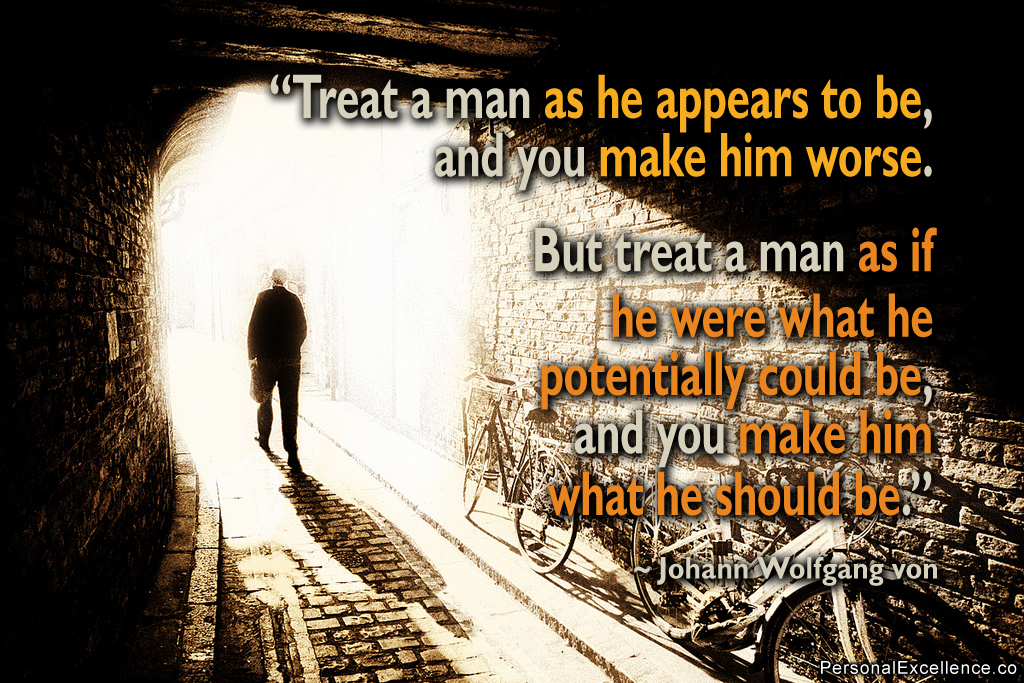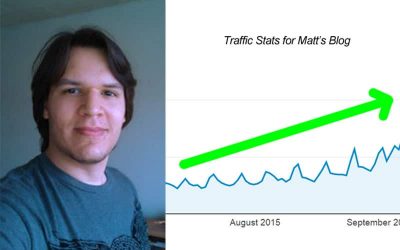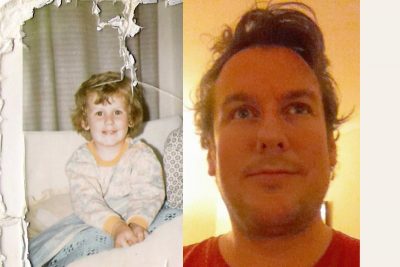
(Image)
“Hi Celes, I would love to get an insight into your average day and typical routines. When do you get up, when do you do what, and when do you chill and literally do nothing (do you ever?)? Or if one day is not enough, tell us about one whole week. ;)” — Lukas
Hi Lukas, thanks for your interest! :) I don’t have a “routine” in that I don’t have a fixed time or day where I write, record my podcast, or run a course.
I used to though. In my early years of running PE, I had a fixed schedule each week where I would write, promote my blog, post blog comments, network with other bloggers, coach, review my goals, etc. at fixed times and days.
There was some flexibility in that I could change task A with B and do task C earlier and task D later, but by and large my schedule was very structured and spelled out.
Doing so made my days easy, where my job was simply to wake up, look at what was in my calendar, and then follow them to a tee. Since I had strategically planned out my calendar to be filled with Q2 tasks, this meant that as long as I adhered to my task list and executed everything to perfection, I would be on track in my Q2 goals.
And this was helpful. My blog grew quickly as I dutifully executed everything on my list.
After a few years though, I felt misaligned with this setup. Firstly, I felt drained by some of the tasks in my schedule, tasks that I used to be excited about. Many had become subconscious actions to me, like replying to reader comments or writing articles or replying to Q2 mail, so there was no need to have them in my schedule. Seeing them was a waste of “mind space” since I was already doing them anyway.
Secondly, some of my tasks were no longer a fit with my broader plans. For example, doing 1-1 coaching every week was great for me when I started as I quickly gained insights into a broad level of problems that people are facing.
But after doing this for years and seeing my wait list get no shorter, I realized that filling my time with 1-1 sessions isn’t optimal if I want to help people on a broader scale. I also didn’t find networking particularly useful; I already knew most of the folks in my field and I felt that most people I met often wanted something out of me (to promote their work, sell products, etc.) because of my platform. My blog also draws the right people into my space anyway (that’s how I got to know some good friends in business today).
Thirdly, I often had new ideas that I wanted to pursue, but couldn’t because my calendar was filled with other tasks. It was either I (a) push away my current work to pursue these new ideas or (b) forgo the new ideas for another time. Neither seemed particularly effective. With the former, this meant constantly rescheduling activities in my calendar to make space for the new ideas. With the latter, what if these new ideas can make a big difference in my life, more so than any other thing I’m doing? Why put them off then? Wouldn’t this defeat the entire purpose of having a routine, which is to live a better life?
Thinking that I had outgrown my routine (and I had, kind of), I changed things around. I retired the tasks that weren’t a fit and introduced new tasks that were a better fit. I removed top-heavy channels (i.e. high reliance on myself with little ability to scale up) like 1-1 coaching and in-person training gigs on one-off customized topics since the material can never be reused for another occasion. I phased out marketing outreach activities — since PE has already achieved a certain level of awareness, it is more important for me to focus on things like site management and content creation. I then focused on more scale-based activities, like creating videos, group coaching courses, challenges, and so on. I did this for years.
Each time I revise my routine though, I notice that it would work well at first, but feel out of sync after 1-2 years, sometimes even weeks. For example, maybe task X seemed like a great thing to do weekly at first. But after a while something would come up that was more important (not urgent) than X, after which I’d have to reshuffle my calendar items. This happened too many times over a few years. By having a structured routine with preset tasks, I found myself spending more time administrating my calendar than getting things done. I also felt little flexibility in working on new, emerging ideas since I was tied to a calendar of to-dos each day.
So funnily, even though a structured routine helped me become super productive at first, it became very restrictive and draining later on.
Part of the reason is that I prefer a very immersive style of living — when I do something, I go all out. Having a routine that’s filled with time-driven tasks, one after another, causes me to miss out on what’s happening around me. It also makes me compress what I can fully accomplish with a task. Secondly, I’m always changing, evolving as a person. Some weeks I like to do X. Some weeks I do Y. Other weeks, something important comes to my awareness, after which I want to make that the priority and work on it.
I do have fixed activities that I do every day. I never skip breakfast and eat my breakfast every morning when I wake up. I tend to eat the same breakfast for a long time. (At the moment it’s fresh carrot juice and the fruit of the day, usually bananas.) I floss and brush my teeth every night. I try to sleep by 11pm-12midnight and wake up at 7-8am.
But other than these, I don’t have fixed things planned in my calendar, much less in a highly recurring format. I have the occasional deadline yes, I have meetings and appointments yes. But my goal is to minimize these as much as possible (through automation, streamlining, reshaping my business approach) so I have maximum leeway to use my time in the most creative, productive way possible, for the betterment of the world.
This means that some days I can be writing non-stop. Some days I can be head down editing my website. Some days I can be researching this new service for my business. Some days I can be editing a podcast. Some days I can be working on a new course product. Some days I can be traveling: for example, I’m currently writing this in Serbia and I’ve been here for several weeks. If I’m running a live course, then I’m usually head down working on it for 3-4 months, while working on other stuff during time pockets.
Having such an approach allows me to dynamically respond to what’s going on with full attention. For example, three weeks ago the PE site got a severe spammer attack that brought the server down and caused us to be banned by our newsletter provider. After some digging, I resolved the problem yesterday and implemented measures to hopefully block similar attacks. Beyond mere firefighting, I’ve also made hard Q2 decisions in light of this issue, including shutting down PE forums which I feel has run its course. Last week, I got an idea to simplify the PE web design after visiting a website. I immediately got to work and implemented the changes after half a day’s work, and the website is now much cleaner in look.
This approach also lets me fully focus on my current project without distraction. When I’m recording/editing a podcast, I give myself the full mind space to work on that. When I’m writing an article, I immerse in it fully and don’t think about the next thing to do. I also take breaks in between projects to consider my next steps rather than dive blindly from task to task. This ensures that I’m always working on the most important stuff with respect to my goals.
Just to be clear, I have a list of things I want to work on that stretch on for the next few years. I have a specific plan of what I want to do for the next 1-2 weeks (or months if it’s a big project). I’m very clear of my Q2 tasks. However, I don’t have them rigidly fixed in time windows on my calendar. I don’t have hard deadlines because I automatically do everything in the fastest way possible anyway. I have a big list of things that I pick from and work on to my delight every day, that I constantly assess, trim, and add to. And I’m constantly reviewing my productivity methods. (Read: 8 Habits of Highly Productive People)
How do I keep track of my tasks though? I use a combination of Excel and Notepad text files. It’s simple but it works for me. These files are saved on my desktop and I refer to them as I work. I’ve tried productivity tools like Asana, Basecamp, and Trello and they just simply don’t work for me. Excel and Notepad are the simplest and most flexible tools for my purpose.
I find that this approach works for me now as it lets my ideas flow creatively. It also creates the space for new Q2 tasks to come to my awareness. I don’t think it’s necessarily “better” than a structured routine, because I would have been very unproductive with such an open routine when I started my business. It’s just what works well for me now, given my current phase in business growth and how I work.
Some articles on routines:
- Is Your Routine Empowering You?
- Do You Have a Morning Ritual?
- Live a Better Life in 30 Days, Day 9: Evaluate Your Routines







 I hope you find my content helpful. Join my community of 65,000 readers and get my latest articles delivered to your inbox. Your email is safe and I never send spam.
I hope you find my content helpful. Join my community of 65,000 readers and get my latest articles delivered to your inbox. Your email is safe and I never send spam.
Great post. It helped me think through what kind of routine is appropriate for me at this point. I am just starting out in developing a business in coaching that will have a dedicated niche blog too (not solomum as that is my personal blog) . I have been a stay at home mother or a work out-of-home mother for a long time. So As a stay at home mother, my routine is well integrated. Now I need the goals of my business to become integrated into my life, so more structure is appropriate. I look forward to the day where I can reassess and relax things a little, when my new business tasks have become automatic habits! Love the perspective this post has given me. Now I am off to read your empowering routine post. THANK YOU!
Celes,
Your routine certainly sounds empowering. In fact, it has become ingrained in your subconscious mind. Automatic. I can also see that, years of hard work following your routine has allow you to set more time to focus on things that will really makes you happy. That is something inspiring for many of us to look forward to.
Commenting for this post is closed.